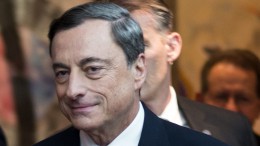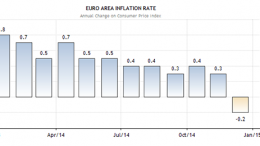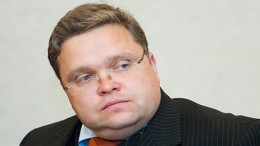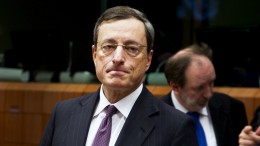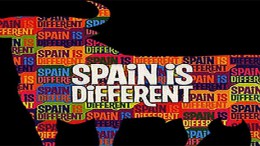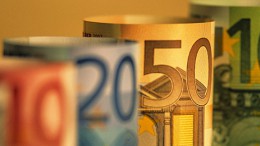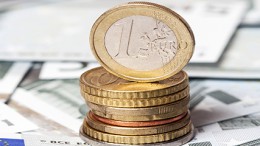QE European style: €60bn monthly bond-buying until Sept 2016
MADRID | By Ana Fuentes | Amid huge market expectation, ECB’s president Mario Draghi unveiled THE operation aiming to spur growth in the eurozone: the European QE will consist of €1.1tn sovereign bonds purchases, or €60bn a month until September 2016, beginning in March. A crucial move in exchange for low risk sharing (only 20% of bonds purchased by ECB, 80% by national central banks; and Greek bonds are expected to remain out). The euro touched an intraday low of 1.1451 dollars.

